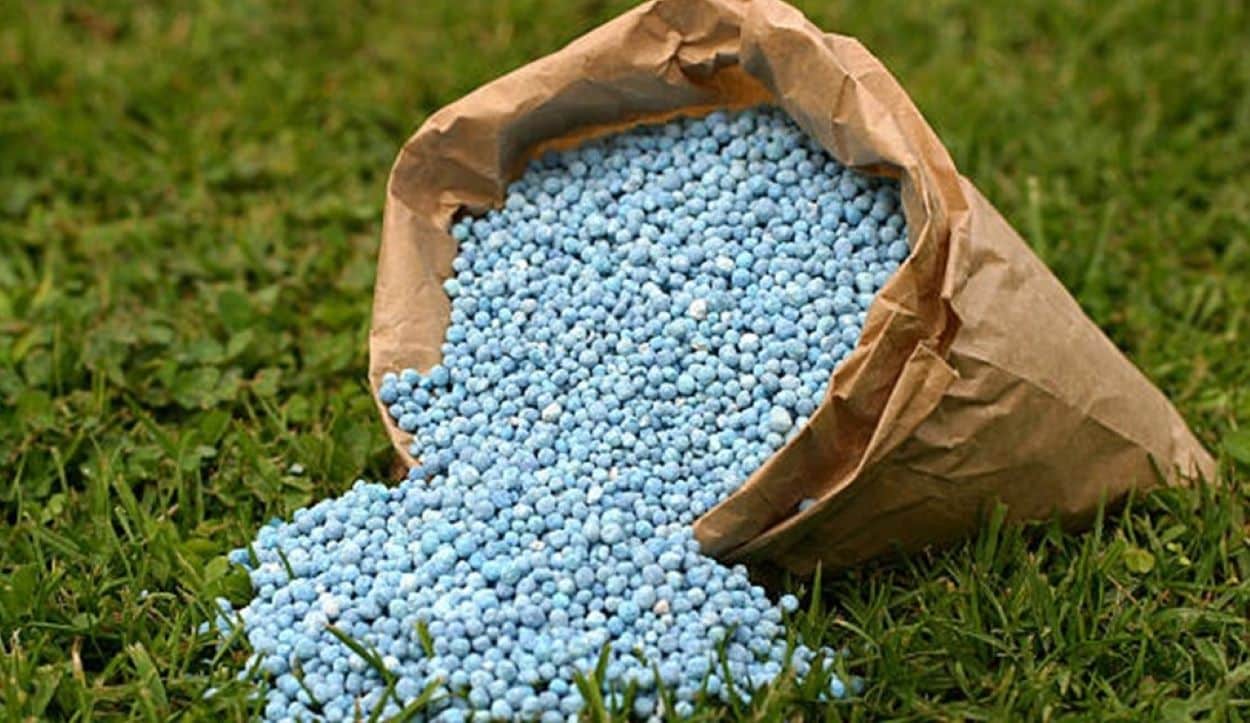The industry anticipates a sharp rise in urea prices by Rs1,700 per bag, potentially pushing costs from Rs3,800 to Rs5,500. Recently, the government imported 225,000 tonnes of urea at Rs6,500 per bag. After adding packing and logistics expenses, the price climbed to Rs6,700. Consequently, the government is now passing these costs onto the industry. Moreover, the Economic Coordination Committee and the Cabinet have increased gas rates, effective February 1. This requires the industry to increase prices to cover the cost of already sold fertiliser.
Khalid Khokhar of Pakistan Kissan Ittihad labels the situation as disastrous. By comparison, India sells urea for Rs900 per bag, thanks to a $24 billion annual subsidy. Khokhar suggests the government should devise alternative strategies to avoid steep price hikes.
The expected increase in urea prices to Rs5,500 per bag, driven by new gas rates, could severely impact small farmers. In 2023, maize and cotton growers already faced significant losses. This scenario necessitates prompt government intervention to support the agricultural sector.
Last year, wheat was Rs3,900 per 40kg, with urea at Rs2,300 per bag. However, with urea prices possibly soaring to Rs5,500 and wheat prices remaining static, farmers face economic hardship. This disparity could prevent farmers from fully cultivating their land, threatening the agricultural cycle.
Khokhar warns that the urea price hike could spark farmer unrest. If the government maintains the current wheat support price, it risks civil unrest nationwide.






